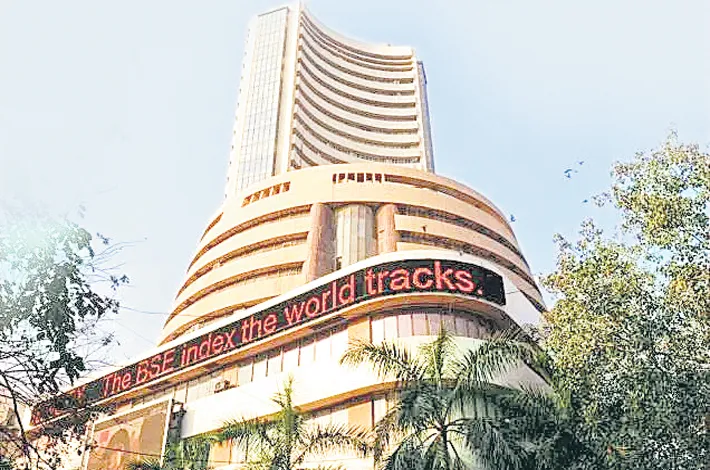Threats of a punitive tariff have put India in a tight spot
06-08-2025 12:00:00 AM

For India, it would make sense to strike a trade deal with the United States as early as possible without compromising domestic interests
India is facing a double whammy from US President Donald Trump despite the fact that the two countries are currently negotiating a bilateral trade agreement intended to achieve ambitious outcomes.In addition to the general tariff of 25 per cent on Indian goods imported into the US, Trump has threatened to impose a punitive tariff of an unspecified amount on India for purchasing crude oil and weapons from Russia.
Russia has traditionally been India’s strong trading partner. After the West imposed sanctions on Russia following the invasion of Ukraine in 2022, China and India started purchasing Russian Urals at competitive rates.As the world’s third largest energy importer, India imports a third of its requirements from Russia, and the payment is made in rupees. Now, with the threat of punitive tariffs, India is under intense pressure, and it is showing.
According to reports, India’s four state-owned refineries have stopped buying Russian oil since last 10 days or so; and are buying oil on the spot market in the Middle East and West Africa. Indian state-owned refineries are also desperately looking for alternatives in the event Russian oil is not available. A majority of India’s oil imports from Russia goes to the private sector refineries. In the first half of this year, almost 60 per cent of the oil deliveries from Russia, estimated at an average 1.8 million barrels a day, went to these refineries.
To be sure, Russia accounts for a little over one-third of India’s total oil imports. In a sense, Russia is India’s most important energy supplier. So the big question is whether India will be able to completely abandon Russian oil in the short term. Russia supplies almost 7 million b/d of oil to the world market, making the origin a significant supplier. If the entire quantity comes under sanction, the oil market fundamentals would return to serious shortage from the current small surplus.
Russia is an associate member of the oil cartel OPEC, and the cartel has spare capacity estimated at around 4 million b/d. But OPEC members, especially Saudi Arabia, would rather be cautious not to take advantage of the situation or jeopardise their relationship with Russia. Another major origin is Iran, but that country too is facing sanctions. If a nuclear deal goes through, then sanctions on Iranian oil may be lifted. But that possibility at this point in time seems rather limited. Even the US, with its large production of oil, may not be able to fill the looming void.
So, the options to replace Russian oil are extremely limited. Additionally, Trump may exert pressure on OPEC members to divorce from Russia. An important point is whether countries will buckle under Trump pressure or whether Trump will actually walk the talk. No one knows. Trump has threatened China too with higher tariffs for buying Russian oil. If Trump takes a tougher stance on Russian oil, the world energy market will get into a turmoil. How China responds would be interesting to watch.
Given the uncertain situation with high potential for supply disruption, oil prices face sharp upside price risk. This is not in India’s interest, as it can fan energy inflation. Additionally, the rupee has started to weaken and stands at around 87.40 to a dollar. The OPEC decision last Sunday to raise production of oil by 547,000 b/d for September is a saving grace. This output hike is intended to regain market share, as concerns mount over potential disruptions to Russian supplies.
Reports suggest India has already started to buy crude from the US. According to data from S&P Global, India imported 271,000 b/d of crude oil from the US in the year’s first half, up around 51 per cent from 180,000 b/d imported in the same period in 2024. For India, it would make sense to strike a trade deal with the US as early as possible without compromising domestic interests. The next few weeks are crucial. India should ride out this storm.








